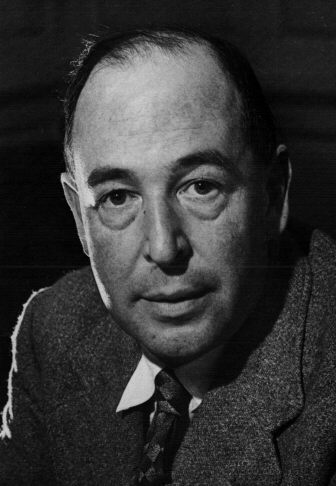|
|
||
On the most important day of the Christian calendar, the day in which faith triumphs over reason, and reason becomes faith, we celebrate the miracle that was the culmination of a Supreme Being’s promise to His creation. With the triumph over mortality itself, a reason for being, beyond an accident of nature, was revealed and life gained ultimate worth. The next two thousand years became a burst of passion for knowledge, exploration, expression, and discovery directly linked to renewed pact man held with his Creator, and his attempt to live up to the promise of that miracle.
The very success of man’s discovery of his capacity to understand, led, by the twentieth century, a willingness to suggest alternatives to the faith residing in the miracle of Easter, and to the question the very existence of, or fundamental need for, a Supreme Being. The development of newer philosophies, materialism, atheism, and scientism, proceeded to put forward the idea that man’s development had superceded the validity of any “stories” that once provided answers to the mysteries of the universe and our place in it.
Confronting the intense arguments of Nietzsche, Freud, and others, and the seeming lack of God in the dominance of the individual by the superstate, a few articulate men were able to weave modern concepts into the fabric of the ancient miracles, and show that God was even more apparent in the modern interpretation of life. Of particular note was the genius of C.S. Lewis, whose stature has only grown some fifty years after his death. C.S. Lewis, who as a philosopher recognized that logic and reason, faith and miracle were not incompatible, and had the brilliant literary prose to articulate it for everyone, is to be celebrated on Easter as Ramparts People We Should know – #26.
C.S. Lewis holds a special place in the discussion of a divine providence not because he was an unquestioning, fervid believer in the Almighty but rather because he was the opposite. By age fifteen, convinced of science objectivity and armed with an already impressive searching intellect, he announced his atheism to his family and friends. He served in World War I, was seriously wounded and only further confirmed his conclusion that man was an accident of evolution, and nature the format for chaotic, random occurrence. It was at his obtaining a professorship at Oxford where he met a group of intellectual contrarians know as the” Inklings”, led by JRR Tolkien (better remembered as the author of the saga Lord of the Rings) . Tolkien, a strong Roman Catholic, interlaced Christian principles of good, evil, temptation, and redemption through his writings. Lewis stated the conversion to Christianity for him was not immediate. He described being brought “kicking, struggling, resentful, and darting my eyes in every direction for a chance to escape.” But his philosophical bent continued to cause him to ask question after question as how things exist and how randomness utterly failed to explain so many things in creation. Being a modern man, he did not deny the answers of science, nor fall meekly upon the stories of creation to explain the way things were. His was an intellectual journey:
If the solar system was brought about by an accidental collision, then the appearance of organic life on this planet was also an accident, and the whole evolution of Man was an accident too. If so, then all our present thoughts are mere accidents – the accidental by-product of the movement of atoms. And this holds for the thoughts of the materialists and astronomers as well as for anyone else’s. But if their thoughts – i.e., Materialism and Astronomy – are mere accidental by-products, why should we believe them to be true? I see no reason for believing that one accident should be able to give me a correct account of all the other accidents. It’s like expecting the accidental shape taken by the splash when you upset a milk-jug should give you a correct account of how the jug was made and why it was upset.
C.S. Lewis
Progressively, he organized his thoughts on paper, and armed with a prodigious literary talent, left us a beautiful tome of literature to understand how well belief in the Divine stands up in the modern age. Books such as Mere Christianity, The Problem of Pain, Miracles, and The Screwtape Letters are considered not only great paeans to Christian apologia but also great literature. His children’s series, The Chronicles of Narnia, proved to be one of the most popular best sellers of the 20th century and have been celebrated in cinema.
Although he was a practicing Anglican, C.S Lewis has sustained popularity some fifty years after his death for the universality of his message, the insightful logic of his arguments, and the beauty of his prose. For an age, he inspires a love for the magic that underlies life and creation that few others have been able to achieve.
In so many ways., C.S. Lewis is an appropriate soldier of the Ramparts and People We Should Know. On this beautiful Easter day, let us celebrate our faith, but take additional pride in the continual example of that faith’s vitality and pertinence in this modern world of ours.
